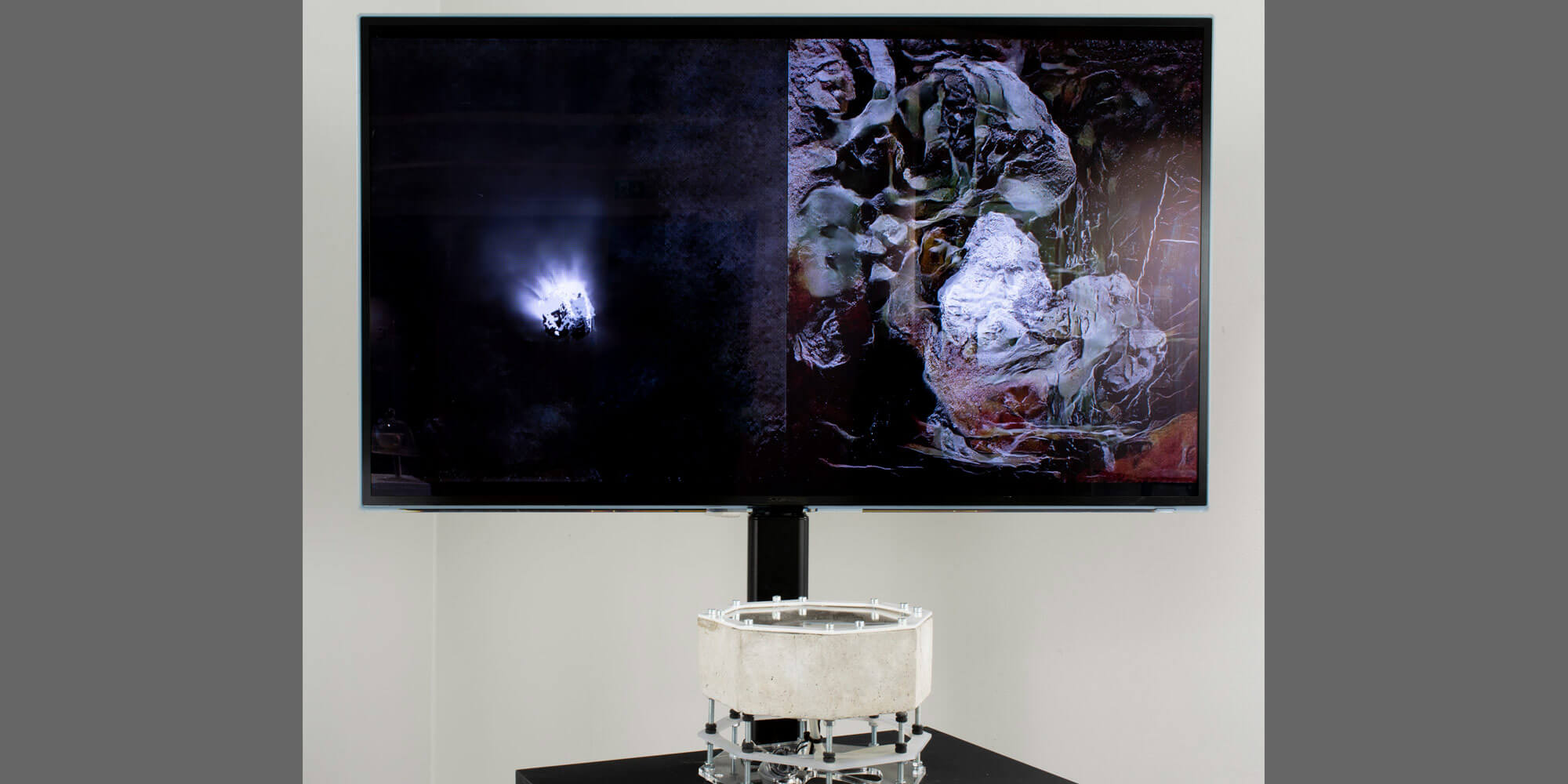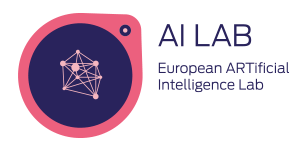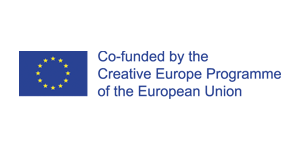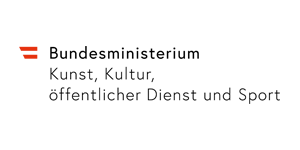In his work Perihelion (2019), Antti Tenetz combines images of space, celestial bodies, technology, space science and life. Applying machine learning, the work brings out dreamlike images of the worlds and beings of possible futures in space. The Perihelion concept wraps up microbiology, artificial Intelligence and technologies evolving with humans in space and deep space traveling. What we would be in space and how life and evolving technological frame reflect unexpected and out of human. The Journey video unravels process and challenges and steps leading from idea to work, such as how to build M.L machine and learn GAN training and develop it with ideas of life evolutive process, who to collaborate and get gold generating bacteria and right species of cyanobacteria as well as how to understand possibilities, limitations and dangers in space.
Credits
These video commissions are presented in the framework of the European ARTificial Intelligence Lab, which is co-funded by the Creative Europe Programme of the European Union and the Austrian Federal Ministry for Arts, Culture, Civil Service and Sport.






